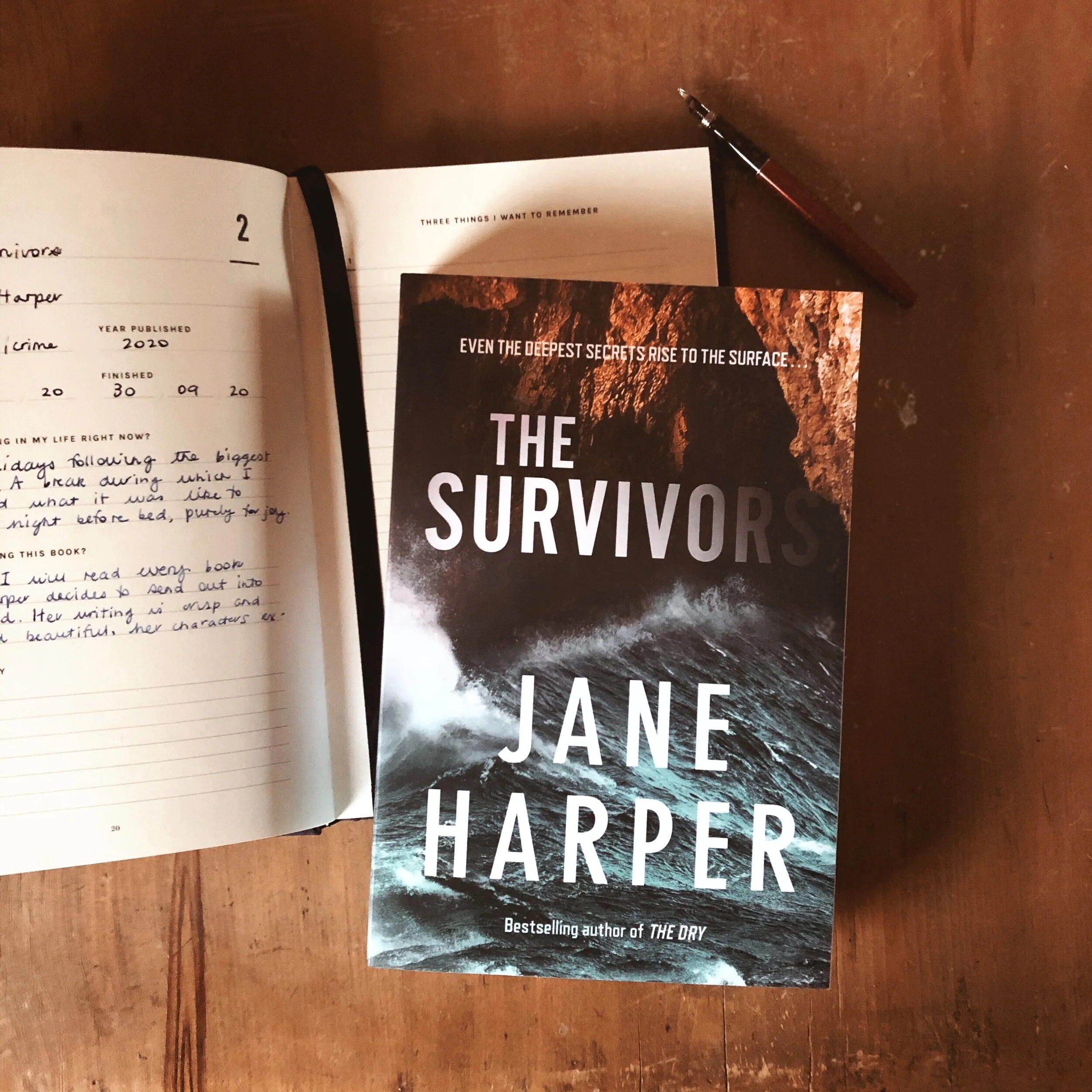An epic and prescient story: Michael Christie's Greenwood
Or: How to talk about this book through my feelings and manage to make any kind of sense: my struggle.
In the way that certain works of art become a part of you, Greenwood now makes up a small portion of my DNA. Perhaps a little of the reason for this is that I spent a big chunk time with this book. I have long asserted that the books you spend the most time with can exert a kind of Stockholmian influence over you so that you can't help but fall in love with them. Whether we spend time with them because they are worth spending time with, or whether something about the time spent with them means we can't quite let them go, I'm not always sure. But in this case, I do know: with Greenwood, it's certainly the former.
This is a book that spans decades. It begins in the future -- 2038, after an ecological crisis known as the Great Withering has wiped out most of the world's healthy tree population -- and delicately, gently peels back layers of history to provide a life study not just of a tiny North American island where a few bold trees survive as a sort of shrine to nature, but also of the family members whose personal stories are deeply wrapped up in the lives of those trees. Then, once the story drifts backwards to its beginning point in 1908, it lurches out again, this time moving forward in time to come to rest once more in 2038. The structure of the novel follows the tracery of a crosscut tree's rings, charting its history to its origins and tracking its life through the irregular concentric circles which record its years.
In a way, Greenwood reminds me of Martin Amis's Time's Arrow, which relies on the backward progression of time to make sense of great atrocities. Greenwood does not meddle with time so overtly; nevertheless, on the story's journey back through time, the past answers questions that the present has only hinted at asking. Then, conversely, as the narrative moves out from the story's centre and its beginning, gaps are filled and wrongs somehow redeemed until the whole becomes a lavish network of cohesive personal histories. The characters may not know the full story and all of the ways in which the roots of their family tree intersect but we, the readers, finally do.
Greenwood deserves to be read slowly, so that the weight of the story's years can make themselves felt. And this is perhaps one of the reasons why this book feels so special to me -- because it stayed with me (literally) for several weeks. But the other reason is its warmth. Michael Christie's prose is luminous yet earthy, his characters drawn in flesh and blood. They are flawed, neglectful and hopeful, adventurers, sinners, losers, lovers, and survivors. They are effortlessly vital and uniquely themselves, not always beautiful but always beautifully rendered. And their complex entanglements with the land and its trees, for good or for ill, are both a profound storytelling device and an alarm, a haunting retelling of a past that is all too familiar -- and an eerie prediction of a future we cannot afford to meet.
Greenwood
by Michael Christie
Published February 2020 by Scribe Publications
512 pages





